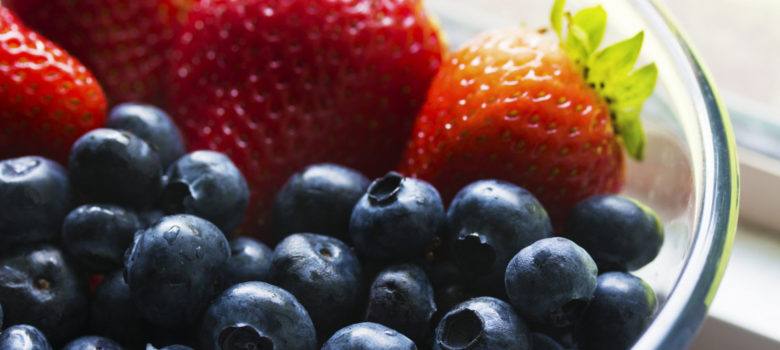

Dietary Flavonols Can Reduce the Risk of Alzheimer’s Disease Dementia
by Sarah McEwen, PhD
Advances in research and clinical practice suggest that flavonols can help to reduce the risk of Alzheimer’s disease dementia.
There are currently over 50 million people with dementia, including Alzheimer’s disease dementia worldwide and that astounding number is unfortunately projected to triple by 2050. One main reason is a lack of drug treatments to change the course or treat these devastating diseases.
However, over the last decade impressive research has been emerging clearly pointing to the positive effects of targeting modifiable lifestyle factors, such as increasing physical activity, engaging in cognitive challenges, and nutrition/diet optimization, to stave off dementia.
In January 2020, the results of one of the largest and most comprehensive studies1 of dietary nutrient intake was published with some practical implications.
Study Breakdown
The study collected annual cognitive, clinical, and dietary habits information from almost 1000 older adults, around 80 years old, who didn’t have dementia at the start of the study and followed them for an average of 6 years to see who developed Alzheimer’s disease (AD) dementia.
Scientists were particularly interested in flavonols which are nutritional antioxidants found in some fruits and vegetables. In preclinical models, these compounds have shown a reduction in AD-related brain pathology and increased memory and learning abilities. Indeed, the study found that when participants were compared, those with the highest amounts of flavonol in their diet had a 48% relative risk reduction of developing AD. Also, those who consumed higher levels of flavonols were those who tended to adhere to the MIND (Mediterranean–DASH Intervention for Neurodegenerative Delay) Diet.
Which Flavonol Yields The Best Results?
The kaempferol flavonol was the most impactful sub-class compound on AD risk reduction. Foods rich in this nutrient are watercress, arugula, kale, blueberries, watermelon, kiwis and strawberries.
Pacific Brain Health Center
At the Pacific Brain Health Center, we recommend a diet that is antioxidant nutrient-dense, supports healthy blood sugar levels, and controls inflammation. We suggest 4-6 cups of non-starchy vegetables every day.
It is never too early or too late to adopt a great new habit, so start eating your flavonols and happy, brain-healthy eating!
Sarah McEwen, PhD, NSCA-CPT, is a Cognitive Psychologist and the Director of Research & Programming at the Pacific Brain Health Center. Her specialty is the study of physical activity and cognitive enhancement interventions to investigate biological, behavioral and health-related outcomes in patients suffering from cognitively debilitating disorders.
Reference: 1. Dietary flavonols and risk of Alzheimer dementia, by Thomas M. Holland et al., January 2020, Neurology
Article Source: Santa Monica Star October 2019 Edition, pg 2
About the Author

Sarah McEwen, PhD
Sarah McEwen, PhD, NSCA-CPT, is a Cognitive Psychologist and Senior Research Scientist at the Pacific Brain Health Center. Her specialty is the study of physical activity and cognitive enhancement interventions to investigate biological, behavioral and health-related outcomes in patients suffering from cognitively debilitating disorders.
Last updated: April 8th, 2020